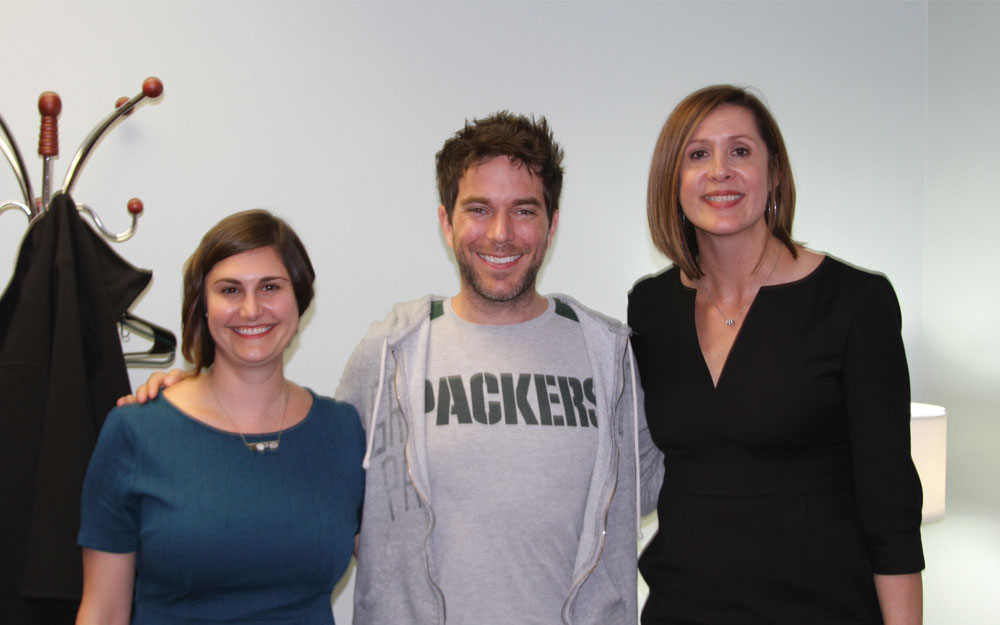Obsessive-compulsive disorder is no joke. An email to Nashville radio host Ty Bentli from the Ty, Kelly, and Chuck morning show made him think twice about comments he made and caused him to reach out to Rogers Behavioral Health to see whether he really has OCD.
Dr. Amy Mariaskin, psychologist, and Dr. Stephanie Eken, psychiatrist and medical director of Rogers’ regional programs, agreed to get involved and help Ty get the answers he was looking for after what he says are lifelong symptoms.
You can watch a video of what happened when the Rogers experts took Ty through the assessment process.
It also turns out the person who reached out to the national radio program host is the mother of a former Rogers patient who lives in Michigan and was treated in Nashville last year. Michelle says she’s been absolutely flabbergasted as she watched this unfold. She shares, “I emailed Ty with the request to consider how the term OCD is used, because when it’s used flippantly, it can be hurtful to those who have the diagnosis. The lengths that Ty, the radio program, and the Rogers team went to are really amazing.”
Michelle is hopeful the efforts will make a difference when it comes to this misunderstood illness. “I think if this changes one perspective on how to use the term, then it’s positive. There’s much more to OCD diagnosis and treatment, and this will help people understand the bigger picture.”
Dr. Stephanie Eken, MD, FAAP, child and adolescent psychiatrist at Rogers-Nashville and medical director of Rogers’ regional sites, couldn’t agree more. “I appreciate Ty’s attitude and openness to do this. He was very respectful and told us he didn’t want to use the term disrespectfully, but he very much suspected he might have it and had just suffered in silence most of his life,” Dr. Eken explains.
Meantime, Michelle’s daughter has been out of treatment for a year, is doing well and is getting involved in advocacy about OCD. Scroll down the radio website page to hear the former patient’s conversation with the radio hosts.
“I’m very committed to advocacy and education about OCD, but for people to hear it from a mother and child who’ve experienced the effects of the illness is even more powerful,” Dr. Eken adds. This show has a lot of listeners and I think it will make a difference.”
Michelle’s happy about the way the radio host responded, and she’s even happier that her daughter got the help she needed. “We’d do it all over again. We have our daughter back.”
Note that all individuals in this article enthusiastically wanted to tell their story and gave Rogers full permission to disclose their health information.


